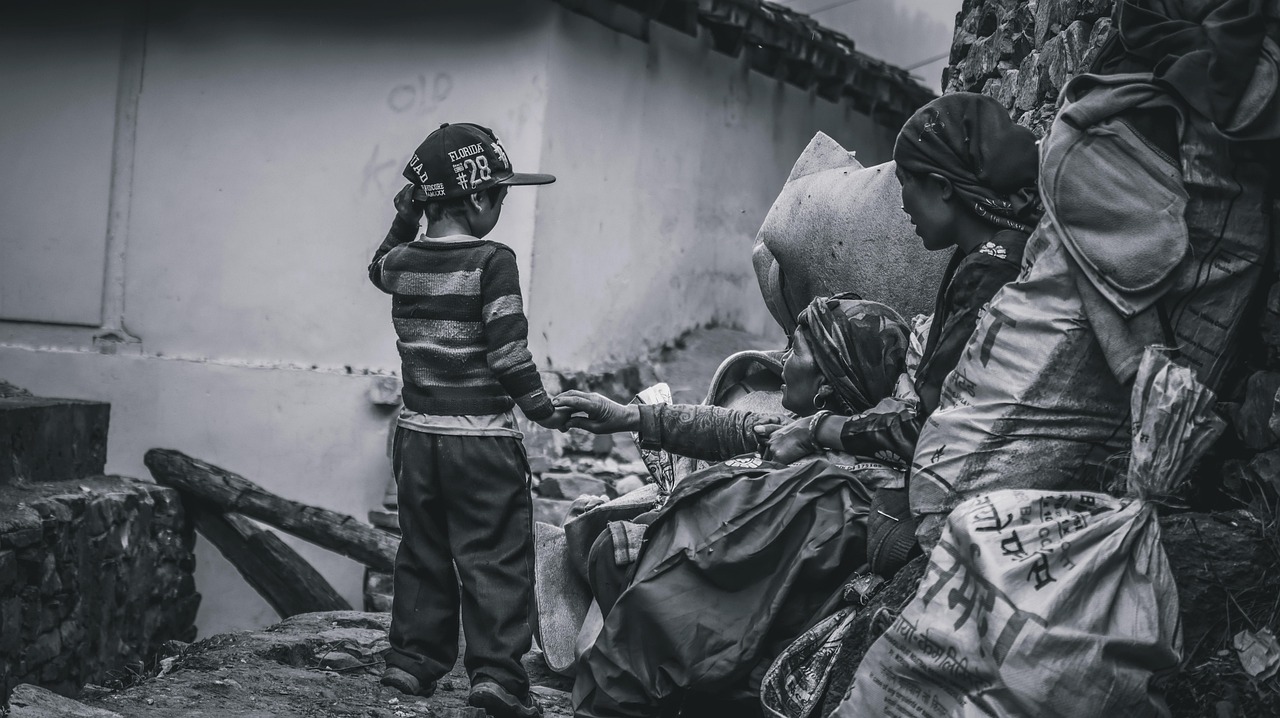Context and Issue
In Ethiopia's urban areas, out-of-school girls face significant educational and social disadvantages. Many of these girls are rural-urban migrants or child domestic workers who possess little education and lack guardianship, social support, and friendship networks. They often experience social isolation, limited access to essential life skills, reproductive health and HIV education, and non-formal education opportunities. The situation is exacerbated by harmful gender and social norms, making it challenging for these girls to improve their educational and social outcomes. This context highlighted the need for targeted interventions to support the well-being and future prospects of these highly marginalized girls.
Solution
The Biruh Tesfa program, meaning “Bright Future” in Amharic, supported out-of-school girls in urban Ethiopia from 2018 to 2022. It targeted girls aged 10 to 19, focusing on rural-urban migrants and child domestic workers in Addis Ababa, Adama, Bahir Dar, and Shashamene. The program mobilized 8,450 girls into safe spaces, providing nonformal education four days a week and life skills/financial literacy on the fifth day, led by trained female mentors.
Key elements included distributing essential supplies such as notebooks, pens, pencils, sanitary napkins, underwear, soap, face masks, and hand sanitizer, with an average expenditure of $39 per girl. During the COVID-19 pandemic, mentors continued professional development and provided home exercises, along with distributing foodstuffs to mitigate economic pressures. The program aimed to transition girls into formal education, with 42% successfully mainstreamed by the endline.
Impact
The "Biruh Tesfa for All" program significantly improved the education and well-being of out-of-school girls in urban Ethiopia. Notable literacy and numeracy improvements were recorded, with letter identification proficiency increasing from 40% at baseline to 53% at endline, reading words from 46.9% to 57.3%, reading passages from 37.4% to 47.9%, number identification from 60.6% to 73.0%, and addition from 42.8% to 56.0%. Mental health outcomes showed mixed results: anxiety levels among non-domestic workers dropped from 28.4% to 20.2%, while domestic workers experienced an increase from 20.0% to 30.1%. Similarly, reports of sadness or depression decreased from 28.8% to 19.8% among non-domestic workers but slightly increased from 21.7% to 25.7% among domestic workers. Educational transitions were notable, with 42% of beneficiaries mainstreamed into formal schooling and 52.1% continuing their education through Biruh Tesfa classes. Among domestic workers, 20.4% transitioned to formal schooling. The program recruited 8,450 girls post-COVID-19 suspension, retaining 4,065 by the project's end, with house-to-house recruitment proving effective—49% of participants learned about the program through mentor outreach. Beneficiaries received an average of $39 in supplies over 18 months, reducing absenteeism and dropout rates. Despite challenges with employer resistance, efforts to change social norms were crucial for domestic workers' participation. Regular home visits and follow-ups by mentors were essential in addressing education barriers like household chores and employer opposition. Additionally, language barriers were identified, necessitating extra support for girls whose mother tongue was not the language of instruction. The program's success was attributed to its flexible approach, targeted support, and strong community engagement.












